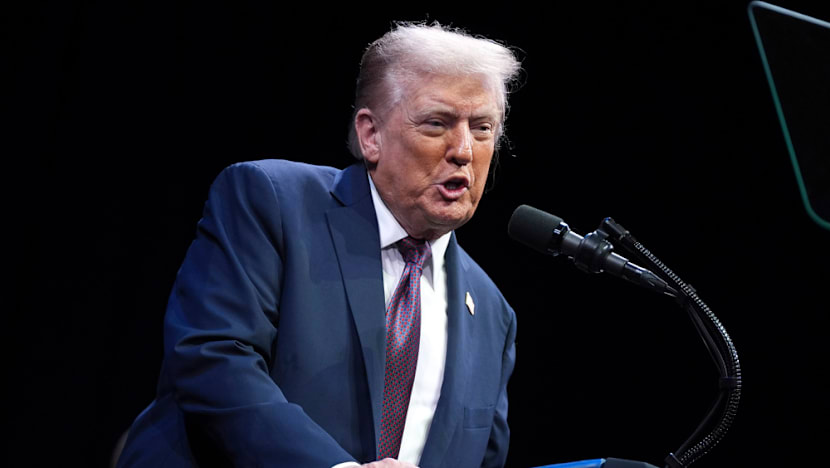

The United States is prepared to broaden tariffs targeting purchasers of Russian oil, mirroring potential EU actions, to diminish the revenue Moscow needs for its ongoing war in Ukraine. President Donald Trump raised the possibility of tariffs between 50% and 100% on oil buyers such as China and India during discussions with EU officials.
Trump's remarks came during a high-level meeting in Washington between senior U.S. and EU officials, where they were exploring further options to increase economic pressure on Russia. According to a U.S. official, Trump stated that the "source of the money for the Russian war machine is oil purchases by China and India". He emphasized that cutting off this financial lifeline is essential to stopping the war.
Treasury Secretary Scott Bessent and officials from the U.S. Trade Representative's office and State Department were also involved in the discussions. While Trump indicated his readiness to implement these measures, he stressed the importance of the EU's cooperation. One U.S. official stated, "We're ready to go, ready to go right now, but we're only going to do this if our European partners step up with us". Another official pointed to a bill with 85 Senate co-sponsors that would authorize Trump to impose secondary tariffs on countries trading with Russia but questioned whether the European Parliament has the "political will" to increase economic pressure through tariffs.
Besides tariffs, officials also discussed the status of immobilized Russian sovereign assets. Trump recently threatened more sanctions on Russia after the Kremlin's intensified aerial attacks on Ukraine. He has also threatened to penalize countries that buy Russian oil, aiming to cut off a key revenue source for Vladimir Putin.
The EU is currently preparing a new round of sanctions, its 19th since Russia's invasion of Ukraine. These sanctions reportedly aim to target the Russian oil giant Lukoil.
The U.S. has already imposed some secondary sanctions on India. A U.S. official stated, "We want to get serious. We want to get this war over with, and so we're strongly encouraging our European friends to get moving".
EU Council President Antonio Costa has stated that new sanctions are being closely coordinated with the U.S.. EU officials are optimistic about improved cooperation after earlier disagreements when Trump pursued separate peace talks with Putin.